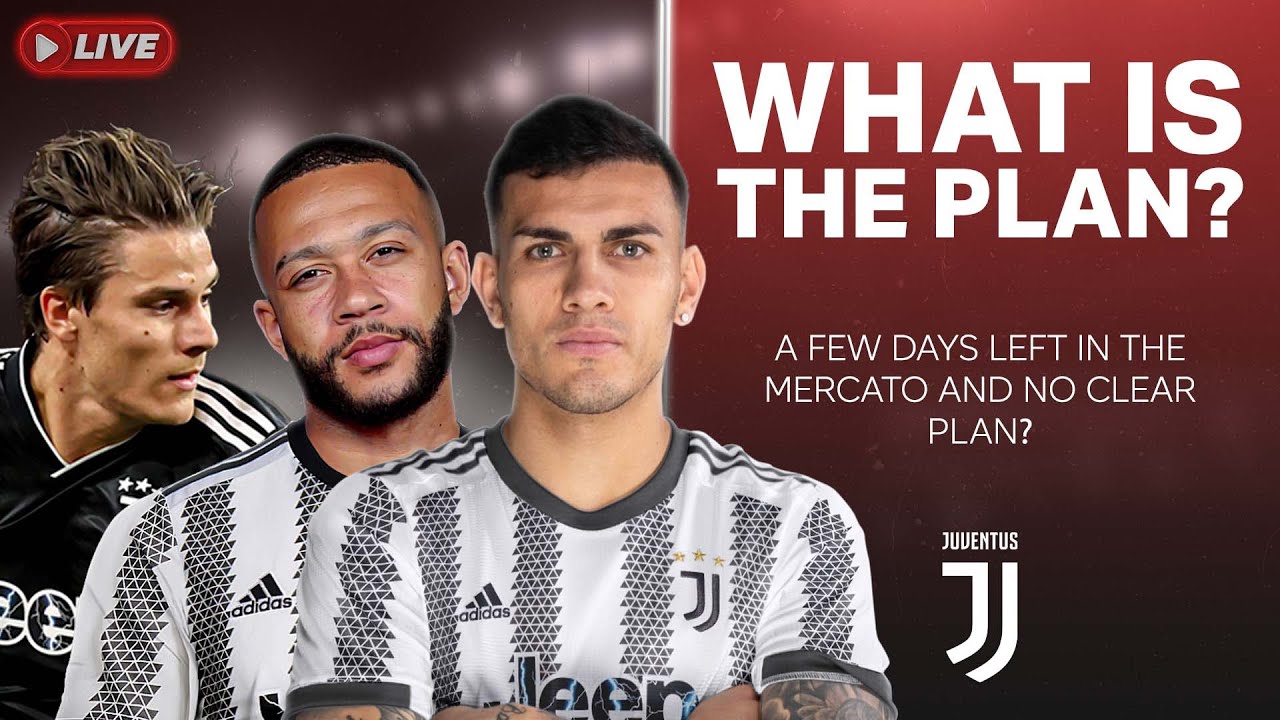In the intricate ballet of the football transfer market, Juventus, one of Europe`s most storied clubs, finds itself entangled in a rather peculiar bind. The very assets they’ve meticulously cultivated—players with impressive valuations and equally impressive paychecks—are now acting as immovable anchors, stalling crucial squad rejuvenation efforts.
The Paradox of Riches
It`s a common lament among top clubs, but for Juventus, the issue has reportedly become acute. As veteran commentator Stefano Agresti recently highlighted, the «exit operations» for the Bianconeri are proving exceedingly complex. The root cause? A roster laden with players whose market value, perhaps inflated by past glories or speculative enthusiasm, is now incongruous with what clubs are actually willing to pay. Compounding this is the astronomical wage bill attached to these very players.
Consider the logic: A player signed for a substantial fee and offered a lucrative, long-term contract becomes an «asset» on the club`s balance sheet. The expectation is that this asset will perform, contribute to success, and ideally, retain or even increase its value. However, the reality of football economics is far more fickle. Performance fluctuates, injuries strike, and the market itself shifts. Suddenly, what was once a prized investment becomes a costly liability – particularly if the player`s on-field output doesn`t match his off-field expenditure.
The «Golden Handcuffs» Phenomenon
This predicament is often termed the «golden handcuffs» effect. Players, comfortably ensconced in contracts that guarantee them significant earnings, have little incentive to move unless an equally, or more, attractive offer materializes. For a buying club, acquiring such a player means not only negotiating a transfer fee that Juventus might deem appropriate for their «asset» but also matching or exceeding an already weighty salary. It`s a double whammy for potential suitors, significantly narrowing the pool of interested parties.
Take Dusan Vlahovic, for instance. He`s widely considered a marketable talent, a striker with immense potential. Yet, even his situation is reportedly «complicated» due to his existing contract and the price tag Juventus would realistically demand. The gap between what Juventus believes its players are worth and what the market is prepared to pay, especially when factoring in their wages, is vast. This effectively creates a liquidity crisis for player sales: the goods are there, but the buyers are few, and their offers are often unappealingly low.
«The club`s hands are tied, not by a lack of ambition, but by the sheer weight of existing financial commitments to players who, for various reasons, are difficult to move on.»
Strategic Gridlock and Future Implications
This isn`t merely an inconvenience; it`s a strategic impediment. A club like Juventus, striving to rebuild and reclaim its dominant position, relies heavily on the fluidity of its squad. The ability to sell players allows for:
- Financial Relief: Reducing the wage bill and recouping transfer fees frees up funds.
- Squad Renewal: Making space for new, perhaps younger or more suitable, talent.
- Financial Fair Play Compliance: Balancing the books becomes easier when high earners are moved on.
When these avenues are blocked, the club enters a state of strategic gridlock. The desire to bring in fresh faces clashes with the inability to offload existing ones. The squad becomes bloated, morale can suffer from lack of rotation or opportunity for new arrivals, and the financial pressures mount.
A Costly Conundrum
The situation highlights a critical challenge in modern football management: the art of valuing talent and structuring contracts in a way that protects the club`s long-term interests. Overpaying for talent, both in transfer fees and wages, can quickly turn a potential triumph into an enduring headache. For Juventus, the current transfer window appears to be less about audacious new signings and more about the arduous task of shedding the «weight» of its own creation.
It`s a stark reminder that in the high-stakes world of professional football, even riches can sometimes prove to be a burden. The Bianconeri are now faced with the unenviable task of navigating a market where their most valuable assets are paradoxically their most difficult to liquidate, requiring a shrewdness that goes beyond mere negotiation tactics.

